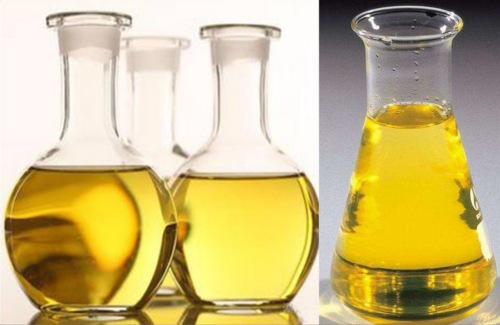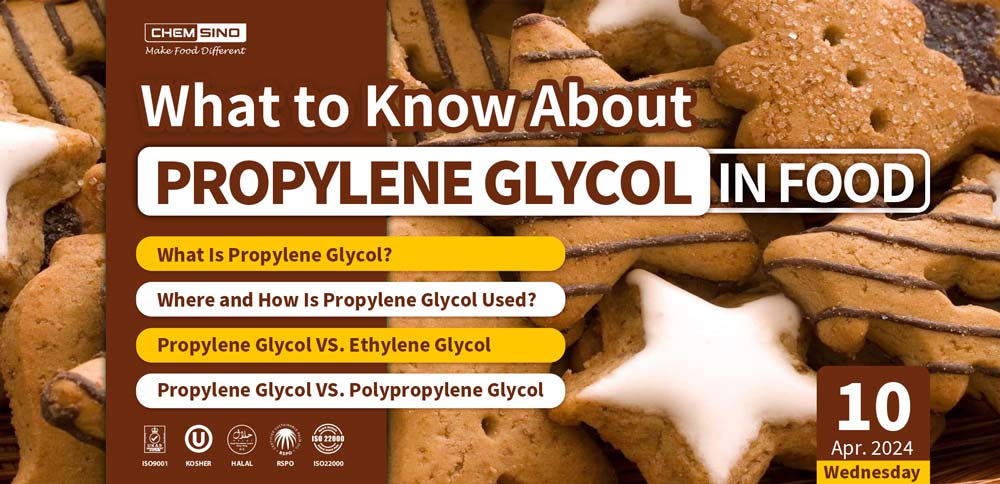What to Know About Propylene Glycol in Foods
10 Apr 2024
Propylene glycol is produced industrially through the hydration of propylene oxide. It has almost no taste and is a chemically synthesized food additive, belonging to the alcohol class of substances, similar to ethanol. Propylene glycol e1520 is widely used in various industries such as food, pharmaceuticals, cosmetics, tobacco, and others. This is because it possesses properties like stabilizing, solidifying, anticaking, defoaming, emulsifying, humectant, and thickening. These properties make it valuable for a range of applications in these industries.








 vs_ Sodium Stearoyl Lactylate (SSL).jpg)
 Food Grade.jpg)
